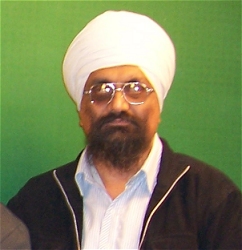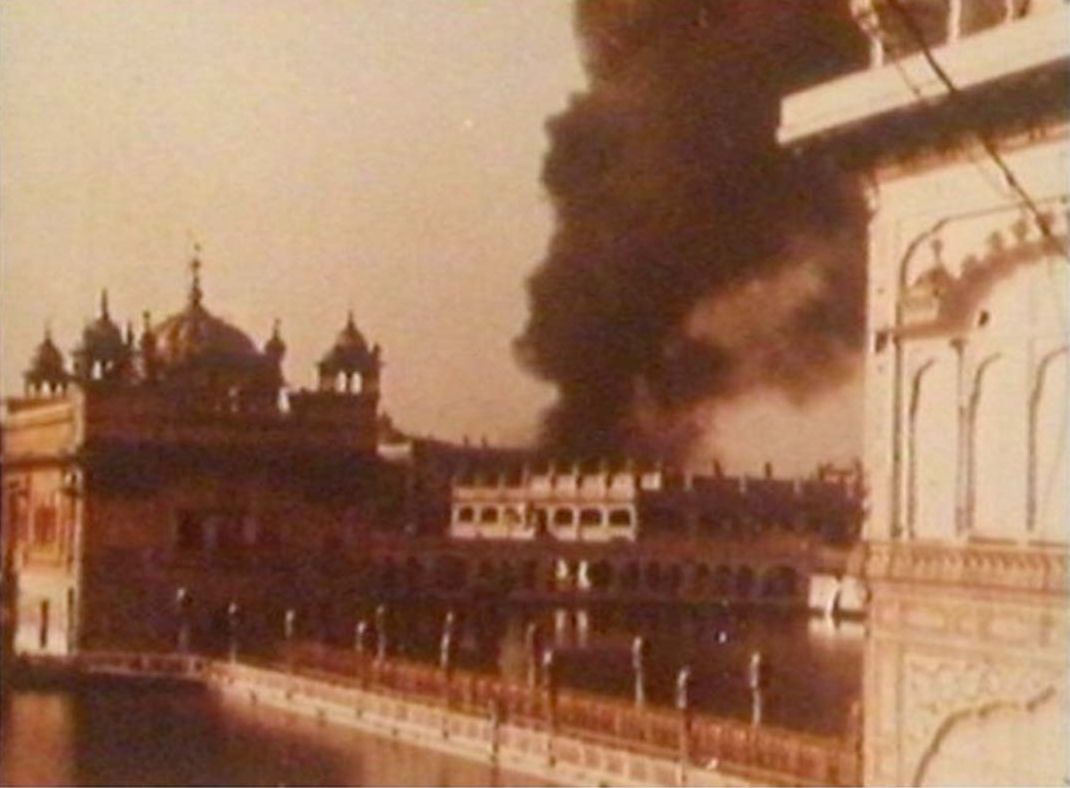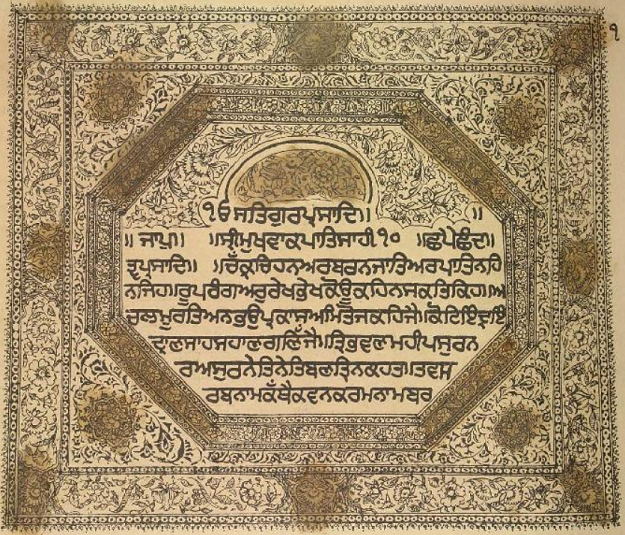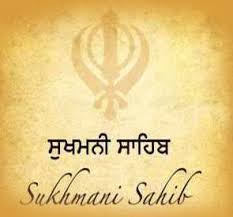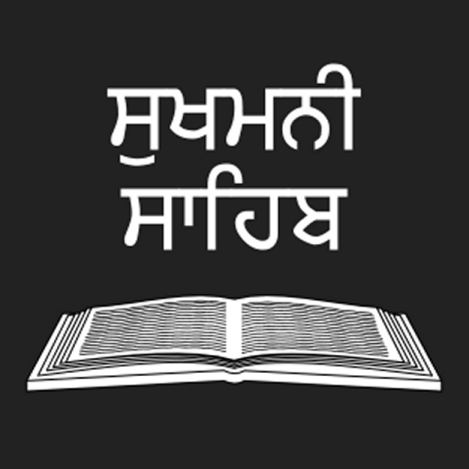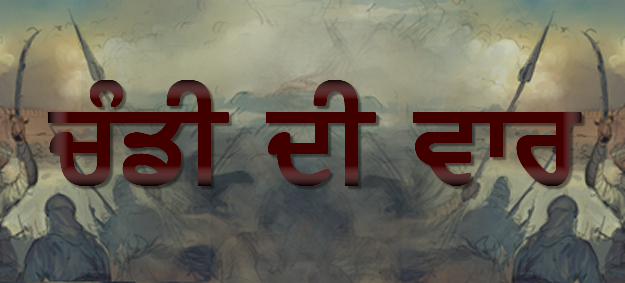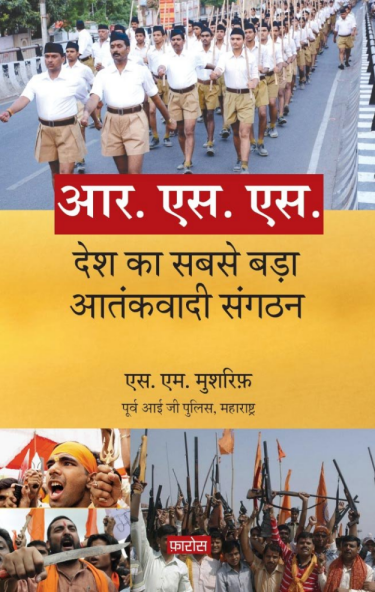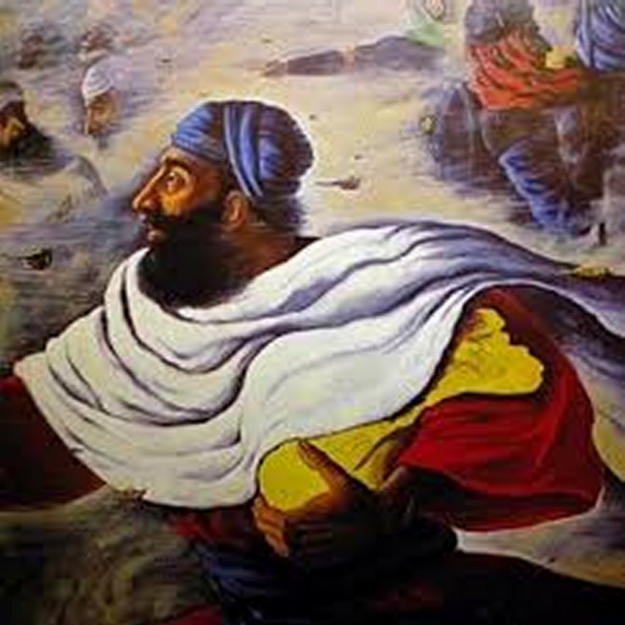
Karra, one of the five kakars of the Sikhs, is neither an ornament nor a tool, but is a blessed gift from Lord, the Tenth Master Guru Gobind Singh ji.
Alas, this great gift to the humanity has been ignored or has not been appreciated in its true spirit.
Karra symoblises dignity, equality, independence and emancipation from slavery. It can be termed with certainity, whether it is known to the world or not that it is the prelude to the Charter of the UNO or foundation stone of the human rights' movements in the world.
Guru Nanak Dev ji, founder of the Khalsa Panth was born in year 1469 in Punjab, the land of five rivers. Coincidentally this was the year when in the west Machevally was also born.
This was the time when the Indian society was cursed with four divisions on the basis of birth in a particular clan. Vast majority was termed as shudras, or so-called lower castes. The biggest challege of that time with the Gurus was the blood-stained subjugation, torture, humiliation, deprivation of vast majority of the people not on the basis of their ethicity, colour, gender, knowledge, race or region but the birth in the house of a shudra.
That was the time when the alleged low castes, shudras were deprived from entry or participation the temples of learning, and temples of religious prayers. A human being deprived of these two gifts will become and behave in a manner less than human beings. In olden times the cursed were branded or forced to live in ghettos. Perpetuating and implementing his thoughts, founding father of the socio-religious laws of Hindus, Manu pronounced about the low caste shudras should wear the black-iron ornaments.
Their dress (shall be) the garments of the dead, (they shall eat) their food from broken dishes, black iron (shall be) their ornaments, and they must always wander from place to place. [Manu Smriti - Chapter X, canto 52.]
This was not acceptable and detested to by the founder of Sikhism, Guru Nanak Dev ji. In absolute humility and humbleness, he categorically declared and identified himself with the lowest of the low saying,
ਨੀਚਾ ਅੰਦਰਿ ਨੀਚ ਜਾਤਿ ਨੀਚੀ ਹੂ ਅਤਿ ਨੀਚੁ ॥
ਨਾਨਕੁ ਤਿਨ ਕੈ ਸੰਗਿ ਸਾਥਿ ਵਡਿਆ ਸਿਉ ਕਿਆ ਰੀਸ ॥
ਜਿਥੈ ਨੀਚ ਸਮਾਲੀਅਨਿ ਤਿਥੈ ਨਦਰਿ ਤੇਰੀ ਬਖਸੀਸ ॥4॥3॥
(ਗੁ.ਗ੍ਰੰ.ਸਾ. ਸਿਰੀਰਾਗੁ, ਮ:1)
Nanak seeks the company of the lowest of the low class, the very lowest of the low. Why should he try to compete with the great? In that place where the lowly are cared for-there, the Blessings of Your Glance of Grace rain down. ||4||3||
(Guru Granth Sahib, Siri Rag, M:1)
This message was carried to its logical ends by the Tenth Master Guru Gobind Singh when he initiated the Khalsa Panth by bestowing Amrit (nectar). The de-branding the so-called shudras and to bestow divine acceptance to all He directed every Sikh to always wear Karra (black iron) bangle like ornament on the wrist.
Karra thus became a divine hand-cuff reminding the adherant of his obligation to follow the diktats and desist from prohibted commands.
To look for material benefits or comfirts from Karra is belittling its true message. Once a student of Khalsa College, Amritsar asked Master Tara Singh, veteran gursikh leader that what is the advantage of wearing a kara. Master Tara Singh replied there is no benefit for you. Shocked student asked, 'and it is beneficial to you?'. Masterji replied in the affirmative.
When asked further Master Tara Singh's reply was terse and pointed. He explained that you are trying to look into the Karra that if you wear it you will get some benefits or may get more marks in exams. Nothing of the sort is going to happen. But to me it is a constant and inspirational reminder that those who had this Karra on their wrists had their skull ripped off with a chisel, were cut bit by bit, were boiled alive and baked on hot plates. To me this is a reminder that if I wear it I may be blessed this way for my commitment to my Guru. The importance of a Karra on the wrist of a Sikh can be visualised from the following words of a spiritiual philosopher and scientist Prof. Puran Singh.:
"I heard a stupid Sikh preacher the other day, trying to convince a mass gathering of the Sikhs that the iron ring of the Guru worn on the wrist is a protection against lightning. He said, as large buildings are made safe against lightning by a rod of iron, so the Guru has saved man from the stroke of lightning. He was hopelessly flinging his arms up and down to gather some straw of a reason to prove the rationale of the iron ring the Guru gave us as a gift. Coming to us from our personal God, dearer to us than our mother, father, sister or sweetheart, it comes to us as His Gift, as His Blessing, Fie on our manners that we argue over and over about it. He touched my hair and I keep it; when I toss my arm up in the air and the iron ring shines, I am reminded of His wrist that wore it – One exactly like this. Is this arm, by some stray gleam of the iron ring on my wrist, His? Other religions live in an elaborated symbolism; I the Sikh have no religion. He loved me, he made me His own. The sword is the mind where the Guru lives. The iron ring is the sign of His remembrance. The tresses of hair are as clouds round a snow peak – they always gather, gather—they always rain, rain. In my sacred tresses flow Ganga, Jamna and Godavari. Have I got the comb, the Guru gave me? have I got His other gifts? I may have lost them. But I cannot lose my trsses, I cannot lose my iron ring. Because, you remember how He called His disciple Bhai Gurdas from Benaras. The disciples went as bidden and brought him with his hands bound with a string from Benares to Amritsar. Once the call of the Master was answered thus. Each one of us is called. We are of His spiritual militia. We have to wear the ring which is His gift, and we are the prisoners of infinite love. These are the fetters of love, the price of our freedom. Each Sikh wears hair and the beard of Guru gobind Singh. We are moulded in His image."
So Karra in the hands of a Sikh is an article of faith and commitment to the society and should be honoured and appreciated like that. It is neither an ornament nor a superstitious symbol. It is certainly a vocal and potent sign of commitment to the human rights of the entire humanity.


